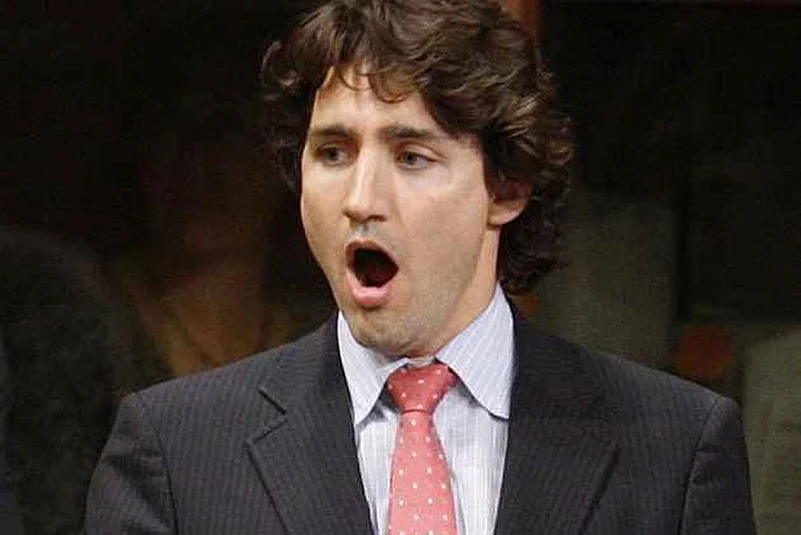Marijuana will be legal nationwide in Canada starting October 17 in a move that should take market share away from organised crime and protect the country's youth, Prime Minister Justin Trudeau has said.
Marijuana To Be Legal In Canada From October 17, Says PM Justin Trudeau
The legislation makes Canada only the second country in the world to make pot legal across the country.

The Senate gave final passage to the bill to legalise cannabis on Tuesday, legislation that will make Canada only the second country in the world to make pot legal across the country.
Trudeau said provincial and territorial governments need the time to prepare for retail sales.
"It is our hope as of October 17 there will be a smooth operation of retail cannabis outlets operated by the provinces with an online mail delivery system operated by the provinces that will ensure that this happens in an orderly fashion," Trudeau said yesterday.
The prime minister said at a news conference that the goal is to take a significant part of the market share away from organized crime.
"Over the following months and indeed years we will completely replace or almost completely replace the organized crime market on that," he said. Canada is following the lead of Uruguay in allowing a nationwide, legal marijuana market, although each Canadian province is working up its own rules for pot sales. The federal government and the provinces also still need to publish regulations that will govern the cannabis trade.
"The legislation is transformative," said Justice Minister Jody Wilson-Raybould, adding it "marks a wholesale shift in how our country approaches cannabis, leaving behind a failed model of prohibition." She urged Canadians to follow the existing law until the Cannabis Act comes into force.
"The law still remains the law," Wilson-Raybould said.
Many questions remain unanswered, including how police will test motorists suspected of driving under the influence, what to do about those with prior marijuana convictions and just how the rules governing home cultivation will work.
The Canadian provinces of Quebec and Manitoba have already decided to ban home-grown pot, even though the federal bill specifies that individuals can grow up to four plants per dwelling.
"Provinces can set their own laws. If individuals are challenging that law, they can challenge it," Wilson-Raybould said.
Trudeau said the government won't discuss pardons of past convictions until legalization is in effect.
"There's no point looking at pardons while the old law is in the books," Trudeau said. Trudeau said they are going to treat it like wine and tobacco, noting that few people will cultivate it at home, but it's necessary to fight organized crime.
Trudeau promised to legalize it during the 2015 election and had set a goal of July 1 for it. The provinces pleaded for more time. Canadian marijuana stocks have rallied in anticipation of legalization and jumped again on Wednesday.
In the neighbouring U.S., nine states and the District of Columbia have legalized marijuana. California, home to one in eight Americans, launched the United States' biggest legal marijuana marketplace on January 1.
The news was greeted with enthusiasm by marijuana advocates in the US Morgan Fox, a spokesman for the National Cannabis Industry Alliance in the US, said Canada's legalization should also serve as a wake-up call south of the border.
(PTI)
























